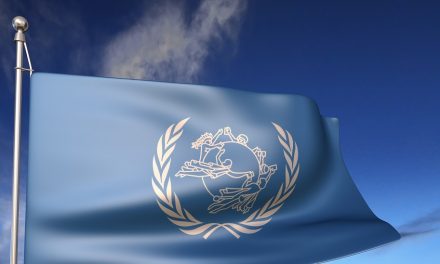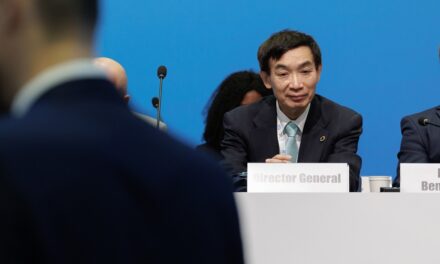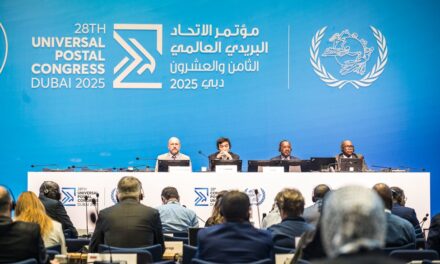
Postal services: providing local access to international markets
Speaking yesterday at the World Trade Organization’s “Aid for Trade” conference in Geneva, the UPU Director General called attention to postal services’ role in stimulating international trade, particularly for small and medium-sized businesses.
Edouard Dayan cited as an example the Brazilian Post’s successful “Exporta Fácil” (“Easy Exporting”) project, felt to be among the most innovative international trade initiatives.
Using Exporta Fácil, available at over 8,000 post offices as well as on the Internet, small and medium-sized Brazilian businesses let the postal operator take care of their exports, handling the entire logistics side, as well as completing customs export formalities.
“Using this service, 6,000 businesses that had never exported before were able to access external markets in 2006,” said Dayan. “This is a concrete indicator of the postal network’s impact on a developing country’s ability to engage in world trade.”
With over 660,000 post offices in 191 countries, mostly located in outlying areas, the postal sector is the world’s biggest physical distribution network. By revitalizing the trade infrastructure, it can help small and medium-sized businesses take advantage of the globalization of trade.
Dayan added that the postal sector, with its physical, electronic and financial capabilities, wished to develop partnerships to help provide greater openness to international trade. The UPU’s regional approach to development and initiatives such as the integrated postal development plans, developed to gain government commitment to the postal sector, are in line with the orientations felt necessary to help developing countries take advantage of worldwide trade.
“Postal networks offer local access to the logistics of international trade. All it takes to enable more businesses to export more goods to more places is for initiatives like Exporta Fácil in Brazil to be transposed to other countries,” concluded DAYAN.
Other leaders of major international development organizations also attended the conference, including Robert ZOELLICK, President of the World Bank, Dominique STRAUSS-KAHN, Managing Director of the International Monetary Fund, and Dr. Supachai PANITCHPAKDI, Secretary General of the United Nations Conference on Trade and Development.
Dayan noted with satisfaction that the UPU’s approaches, such as implementing measurement indicators, follow-up and evaluation policies and training initiatives, were at the heart of the trends discussed during the conference debates.












